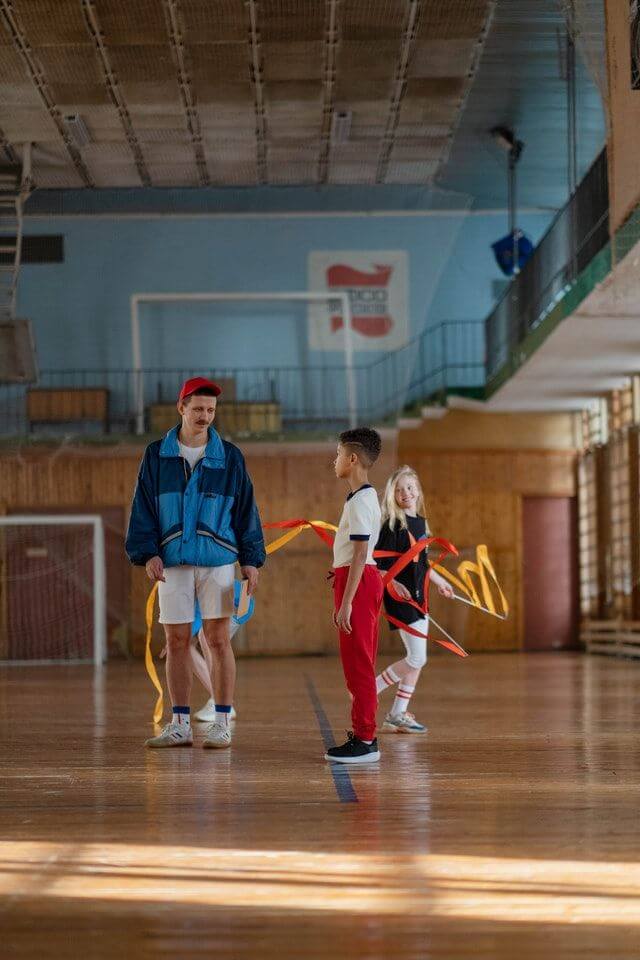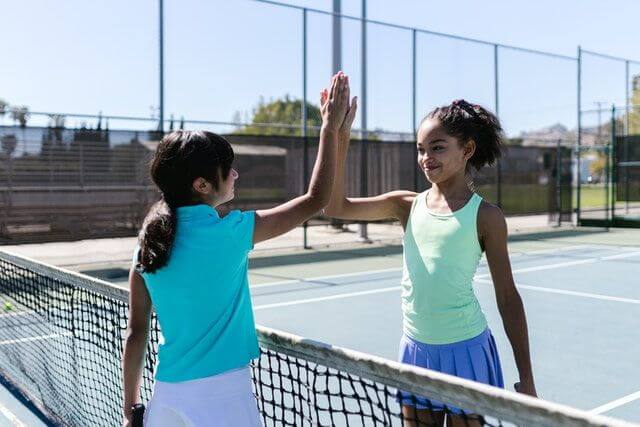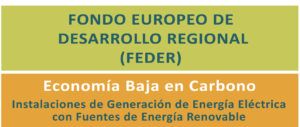Active methodologies in physical education
Active methodologies in physical education. Practical application
Active methodologies in physical education allow students to get involved in class and to be aware of the importance of a healthy lifestyle and the regular practice of sports routines for their future.
Active methodologies can also be applied in physical education classes, through games, cooperative activities and problem solving. At our school in Alicante we not only have the most complete sports facilities, but we also implement active methodologies in physical education, so that our students learn values through sport.
¿What are active methodologies in education?
Active methodologies are a set of techniques whose objective is to give the student the leading role in education. Teaching should not be based exclusively on memorisation, experience and immersive activities will not only motivate students, but will also allow them to be aware of the importance that these years of training will have for their future.
Active methods in physical education, the importance of sport
One of the main keys to active education is the development of values and the management of emotions that pupils experience. In this sense, sport is a basic resource.
The practice of sport is based on cooperation, help and respect for a series of rules, what is learned in physical education classes can be put into practice in real life, perceiving collaboration as a positive value, as well as reinforcing creativity and empathy.
On the other hand, sport is synonymous with health. Through active classes, we make students aware of the relationship between physical activity and health, and the importance it will have in their future.
The practical application of active teaching in physical education
Some of the practices that we can carry out with primary and secondary school children are the following.
Cooperative learning
In most activities related to physical education, there is a collaborative component. We must be able to encourage the active participation of all students, and explain the advantage of having the rest of the team.
Project-based learning
There are many different skill-based physical activities that allow students to overcome small challenges to reach a final goal. We can also take on bigger challenges, such as organising an Olympics.
Service learning
One of the advantages of sports is the transmission of values. Through solidarity activities, we can help them learn that their experiences can also be beneficial to others, for example by organising solidarity races.
Design thinking
Not all exercises have to be based exclusively on physical issues, students can also overcome challenges based on problem solving through lateral thinking, as part of sports activities.
Flipped classroom
The flipped classroom concept is fundamental in the active methodology. In this case it is the students who prepare their own projects related to sport.
Gamification
An important part of sport is competition. Gamification in sport activities is based on rewards for students who compete better, respect the rules, cooperate, etc.
Learning through research
There are many fields of research related to physical education. By analysing sporting activity on our bodies, they can learn in a practical way about the benefits of sport on our health.
Physical education and emotional learning
One of the basic principles of active methodologies is emotional learning. Learning to identify and manage one’s own and other people’s emotions is basic during the first years of school, and yet traditional curricula did not take this type of learning into account.
Through sport, a student learns to manage emotions such as joy, success, pride or enthusiasm, but it is also a suitable space to learn to tolerate other emotions, such as disappointment or frustration.
Defeat or failure to achieve goals is very common in sport, more than in our daily lives, so children have the opportunity to continuously manage these types of negative emotions through sport, and to put what they have learned into practice in their daily lives.
Learning about emotions is closely related to values education. Values education through sport teaches children in kindergarten, primary and secondary school to know and put into practice values that will be fundamental in their adult life.
Physical education and health
When we talk about active methodologies in physical education, we cannot forget the need to teach pupils about the relationship between sport and health.
For their future, it will be fundamental to maintain a healthy diet and adequate sports routines. From school, they learn that keeping fit is synonymous with being healthy and is therefore beneficial for their quality of life.
A child who is aware of the importance of sport in their health will be an adult who is motivated to take part in sporting activities. Through active methodologies, we are reinforcing this learning, which will be vital throughout their lives.
Active methodologies at Lady Elizabeth School
Physical education is an activity with a very important active component, so applying this methodology in the classroom is simple and helps to reinforce the motivation of the pupils.
Active methodologies help us to get students involved in their own academic project, making them see that they are the protagonist of the learning process. Whenever a pupil can make decisions, they will be more involved in their own education, and if we also provide them with the appropriate facilities and resources, we will be offering them everything they need to learn and enjoy the process.
At Lady Elizabeth School we work daily to develop new teaching methods, with which our pupils learn in a bilingual environment. With the help of the families, we manage to stimulate our pupils to achieve all the challenges they set themselves.


